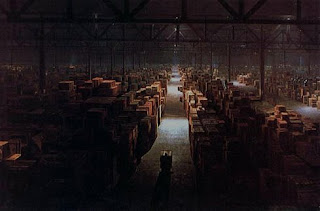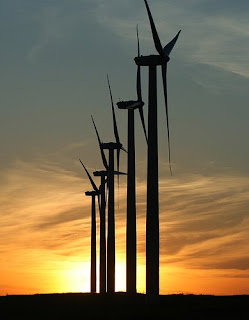Campaign expenses from Alberta’s March 3, 2008 Provincial Election were released a couple of weeks ago, here’s a look at expenses by constituency from Alberta’s two main political parties, and some lists of the expenses by the numbers (and the ridiculous amount of money that was spent in an election that produced a record low voter turnout):
Biggest Spenders
1) Sherwood Park – Iris Evans (PC) – $146,664.14
2) Edmonton-Mill Creek – Gene Zwozdesky (PC) – $140.283.18
3) Edmonton-Whitemud – Dave Hancock (PC) – $133,040.37
4) Calgary-McCall – Darshan Kang (Lib) – $117,137.44
5) Calgary-Glenmore – Ron Stevens (PC) – $110,979.96
6) Edmonton-Manning – Peter Sandhu (PC) – $90,853.23
7) Calgary-Elbow – Alison Redford (PC) – $87,846.02
8) Edmonton-Mill Woods – Carl Benito (PC) – $85,950.53
9) Calgary-McCall – Shiraz Shariff (PC) – $75,166.79
10) Lac La Biche-St. Paul – Ray Danyluk (PC) – $74,158.21
Biggest Liberal Spenders
1) Calgary-McCall – Darshan Kang – $117,137.44
2) Edmonton-Mill Creek – Aman Gill – $62,638.66
3) Calgary-Buffalo – Kent Hehr – $61,984.13
4) Edmonton-Ellerslie – Bharat Agnihotri – $57,496.63
5) Calgary-Elbow – Craig Cheffins – $56,109.10
6) Edmonton-Whitemud – Nancy Cavanaugh – $45,055.83
7) Sherwood Park – Louise Rogers – $44,461.28
8) Calgary-Bow – Greg Flanagan – $42,144.24
9) Calgary-Mountain View – David Swann – $40,522.36
10) Calgary-Currie – Dave Taylor – $36,891.07
Biggest bang for their buck (elected MLAs & cost per vote)
1) Battle River-Wainwright – Doug Griffiths (PC) – $2.65 per vote
2) Drumheller-Stettler – Jack Hayden (PC) – $2.43 per vote
3) Rocky Mountain House – Ty Lund (PC) – $3.07 per vote
4) Olds-Didsbury-Three Hills – Richard Marz (PC) – $3.16 per vote
5) Little Bow – Barry McFarland (PC) – $3.31 per vote
6) Strathmore-Brooks – Arno Doerksen (PC) – $3.48 per vote
7) Calgary-Hays – Art Johnston (PC) – $3.54 per vote
8) Lacombe-Ponoka – Ray Prins (PC) – $3.60 per vote
9) Edmonton-Riverview – Kevin Taft (Lib) – $3.88 per vote
10) Drayton Valley-Calmar – Diana McQueen (PC) – $3.99 per vote
Biggest Spender per vote
1) Calgary-McCall – Darshan Kang (Lib) – $27.48 per vote
2) Edmonton-Manning – Peter Sandhu (PC) – $22.11 per vote
3) Drayton Valley-Calmar – Norma Block (Lib) – $21.59 per vote
4) Lesser Slave Lake – Pearl Calahasen (PC) – $20.87 per vote
5) Edmonton-Mill Creek – Gene Zwozdesky (PC) – $20.44 per vote
6) Calgary-Buffalo – Sean Chu (PC) $19.58 per vote
7) Edmonton-Beverly-Clareview – Dawit Isaac (Lib) – $18.40 per vote
8) Edmonton-Mill Woods – Carl Benito (PC) – $18.09 per vote
9) Calgary-McCall – Shiraz Shariff (PC) – $18.05 per vote
10) Calgary-Glenmore – Ron Stevens (PC) – $17.23 per vote
PC v. Liberal – Biggest Spending Margin
1) Sherwood Park – Iris Evans (PC) +$102,203
2) Calgary-Glenmore – Ron Stevens (PC) +$88,029
3) Edmonton-Whitemud – Dave Hancock (PC) +$87,985
4) Edmonton-Mill Creek – Gene Zwozdesky (PC) +$77,645
5) Lac La Biche-St. Paul – Ray Danyluk (PC) +$66,245
6) Foothills-Rockyview – Ted Morton (PC) +$60,835
7) Fort Saskatchewan-Vegreville – Ed Stelmach (PC) +$59,636
8) Edmonton-Mill Woods – Carl Benito (PC) +$59,381
9) Dunvegan-Central Peace – Hector Goudreau (PC) +$55,720
10) Airdrie-Chestermere – Rob Anderson (PC) +$55,276





